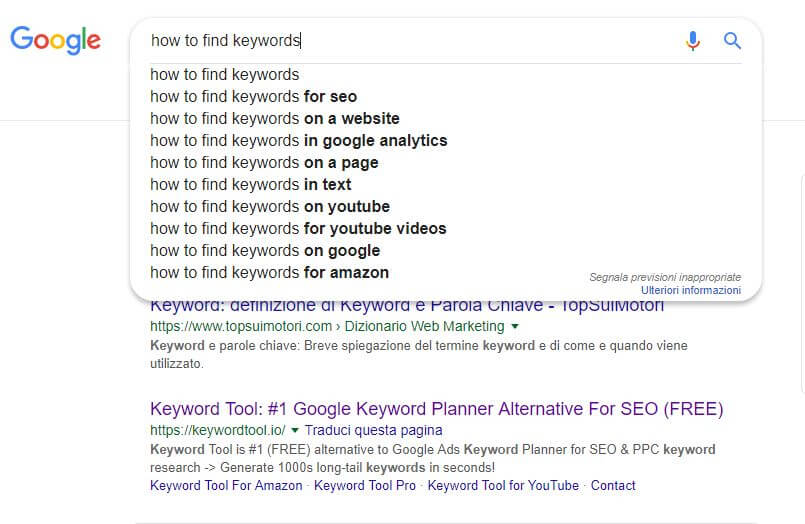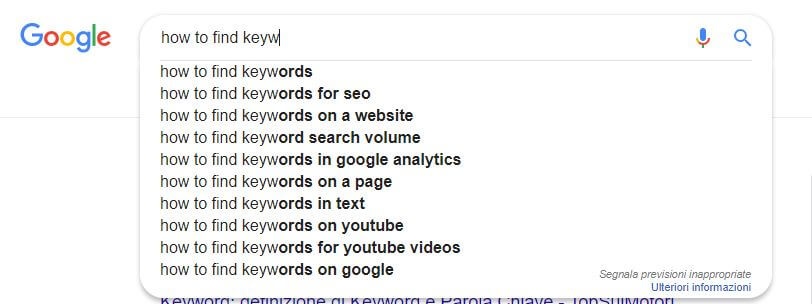The main concern of a blogger is to increase web traffic to his/her blog. Undoubtedly, blogging is fun and exciting, though reaching the targeted audience might be challenging. In this case, keywords are the key!
Everybody has happened to Google search, entering a word or a sentence. This word or sentence is just a key word or key sentence and represents the main topic of a blog post (article).
What is a keyword?
The definition is pretty simple:
a keyword is a word (or a phrase) that lets search engines know what your article or your blog or website is about.
In terms of SEO, they’re the words and phrases that searchers enter into search engines, also called “search queries.”
For instance, if your blog is about how to grow roses, your website keywords might be “grow roses” or a longer keyword sequence (long-tail keyword phrases): “how to grow roses”, “how to grow roses in a pot”, “easy tips for growing roses” etc. It means that, when someone Google searches “how to grow roses”, your blog may be in the first search results and get a big share of the traffic.
Why are keywords important?

Keywords are an important part of the Search Engine Optimization strategy of any serious blogger. There exist a few algorithms and formulas that search engines like Google, for instance, use to evaluate your blog posts and, as a consequence, they evaluate your whole blog. What we are talking about here is ranking – the rank search engines give to websites and web pages.
The goal of any blogger is to be placed in the first pages of searches (ideally in the first page, and preferably in the first twenty). Using keywords strategically helps improve our ranking and optimize our blog posts for search engines.
Keywords are THE WAY in which you, as a blogger, are going to “capture” the reader’s attention and “lead” him/her to visit your blog.
How to use keywords – keyword density

Keyword density is the percentage of times a keyword (or a key phrase) appears on a web page, compared to the total amount of words on the page.
In the context of SEO, keyword density may be used as a key factor in determining whether our web page is relevant to a specified keyword or a long-tail keyword phrase.
In order to maximize our chance of being “spotted” by search engines in relation to the chosen keyword and to get ranked, you should place it:
- Within the article title;
- Within the first paragraph of your article/post;
- Within a subtitle in your article/post;
- Near the end of the last paragraph;
- Within the title of a picture used in the article.
- In a link within the blog post.
It is extremely important not to use the same keywords too often. The risk is search engines might ignore our article/post, as it may seem our article/post doesn’t have any quality contents.
Lots of SEO experts think the optimal keyword density is 1-3 %. Using a keyword more often than that might be considered as spam by search engines and it might penalize your website.
As concerns especially new blogs, a few experts suggest you try to write articles in a spontaneous way, focusing more on the content quality, and using keywords only in the title and at the beginning of the article itself.
How to find keywords for your blog post?
In order to choose the keyword for our article, we have to do a search. Internet users often look for specific words or sentences, related to their interests, and our mission is to find the most searched words in our niche (for instance, in growing roses niche). Searching for keywords might be an inspiration to write future posts or articles!
One of the main (and free!) tools to keyword search is Google, giving instant results and a list of related searches (other keywords). See example:
A great technique that you can you to find keywords using Google Instant is the Alphabet Soup Technique. In this video below, Kyle (one of the founders of Wealthy Affiliate) explains what this technique is and how to use it:
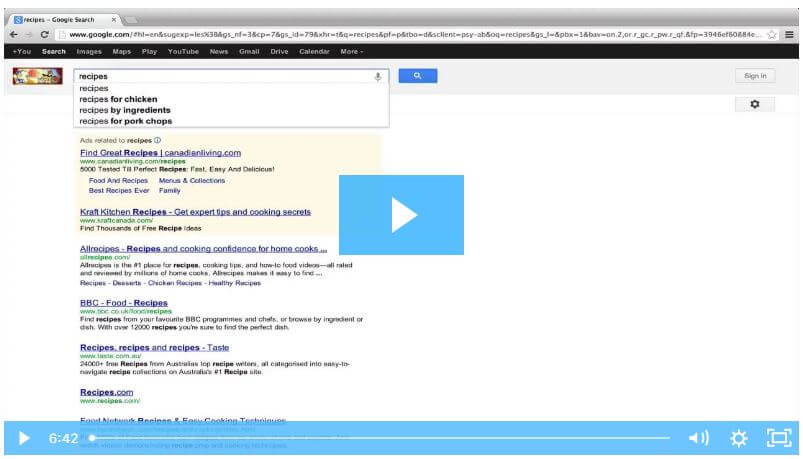
Other keyword research tools:
You can find other free keyword search tools online. Here are some:
#1 – Google Keyword Planner (you have to have a Google account to have access)
#2 – Jaaxy
This keyword research tool was developed by the founders of the Wealthy Affiliate training platform. Kyle and Carson wanted to create a specifically designed, accurate, and fast tool that would help both beginner and experienced marketers improve their chances to succeed.
As a member of Wealthy Affiliate you have free access to Jaaxy Lite directly from the training platform, but you can also sign up to the Jaaxy website HERE and try it for FREE.
The great thing about this tool is that it’s beginner-friendly, easy to use, and delivers the results in a matter of seconds. Here is a snapshot of the tool:
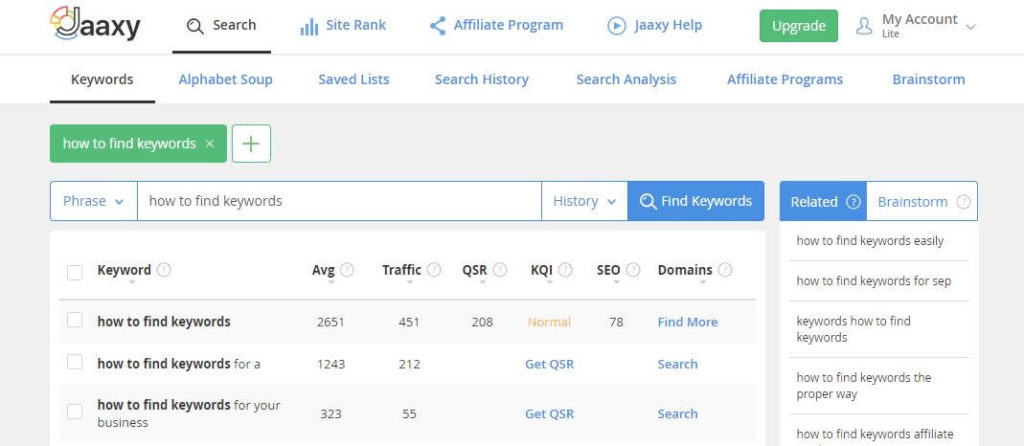
Try Jaaxy by researching some keywords now:
#3 - SEO Book
#4 - Keyword Tool
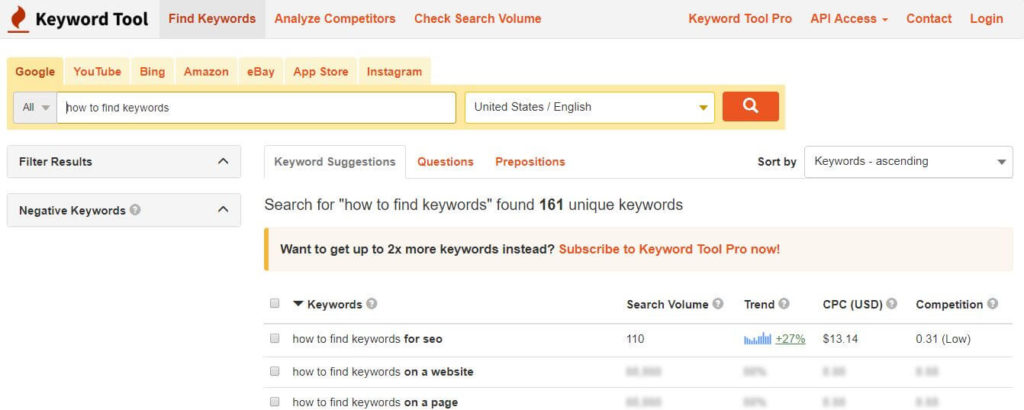
#5 - Answer the public
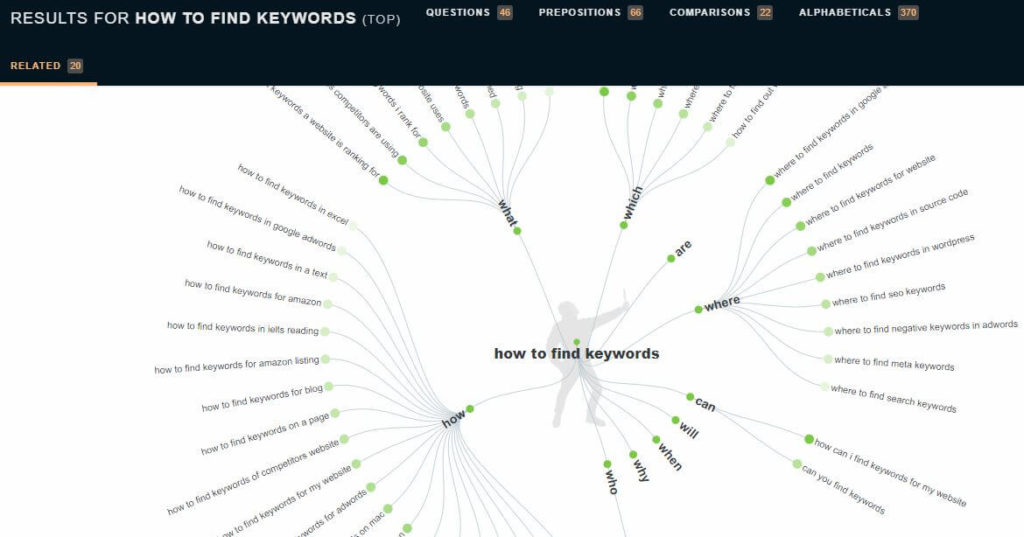
#6 - Ubersuggest
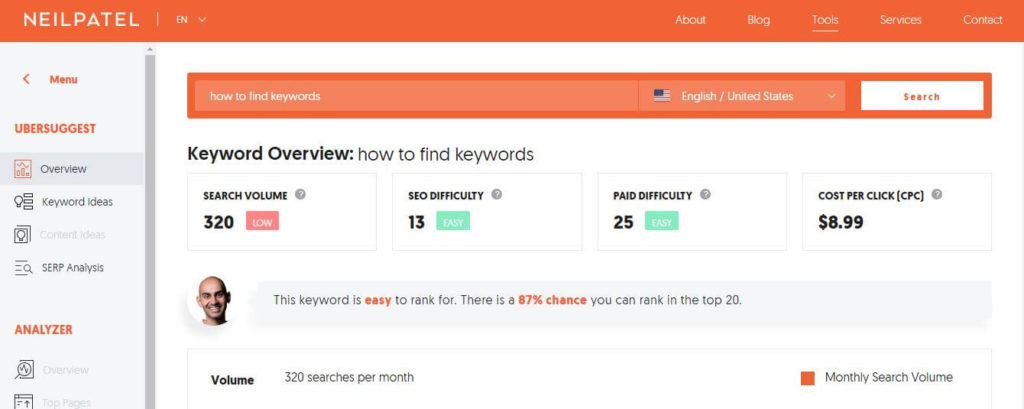
#7 - Hypersuggest
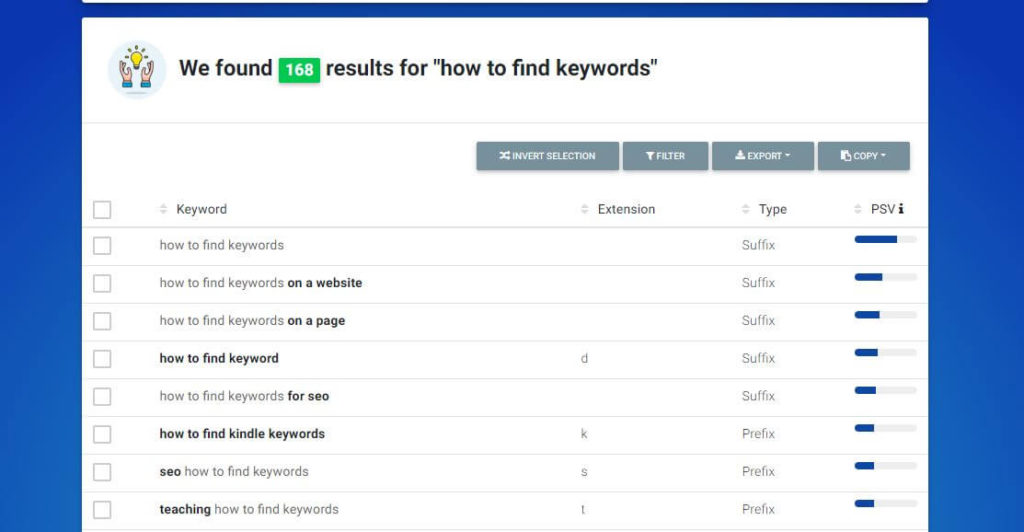
Not only keywords...
As already mentioned above, it is essential not to use the same keyword too often within a blog post. What really counts is our content quality, made of spontaneity, logic, and usefulness to the reader. An article packed with the right number of keywords, but lacking in usefulness, has little to no chance to be ranked up by Google.
You don’t have to be a slave to keywords. The main idea of a blog is to create value for the reader and this is what you should focus on the most. After all, every article is made of words, and all of them are potential keywords that are going to have us appear in the searches.
The reason why search engines (like Google, Yahoo, and Bing) exist is the variety of content you can find online. If you can create quality content, based upon keywords the Internet users search for, you can be ranked up in the searches and, as a consequence, traffic to your blog is going to increase.
Now you know the definition of keywords, make sure you search for keywords every time you are going to write for your blog; and don’t overdo with keyword density. And, above all, don’t forget to have fun when writing for your followers!

Thank you for reading and if you find this article useful, please share it with your friends and leave me a comment below.
I would really appreciate it!



